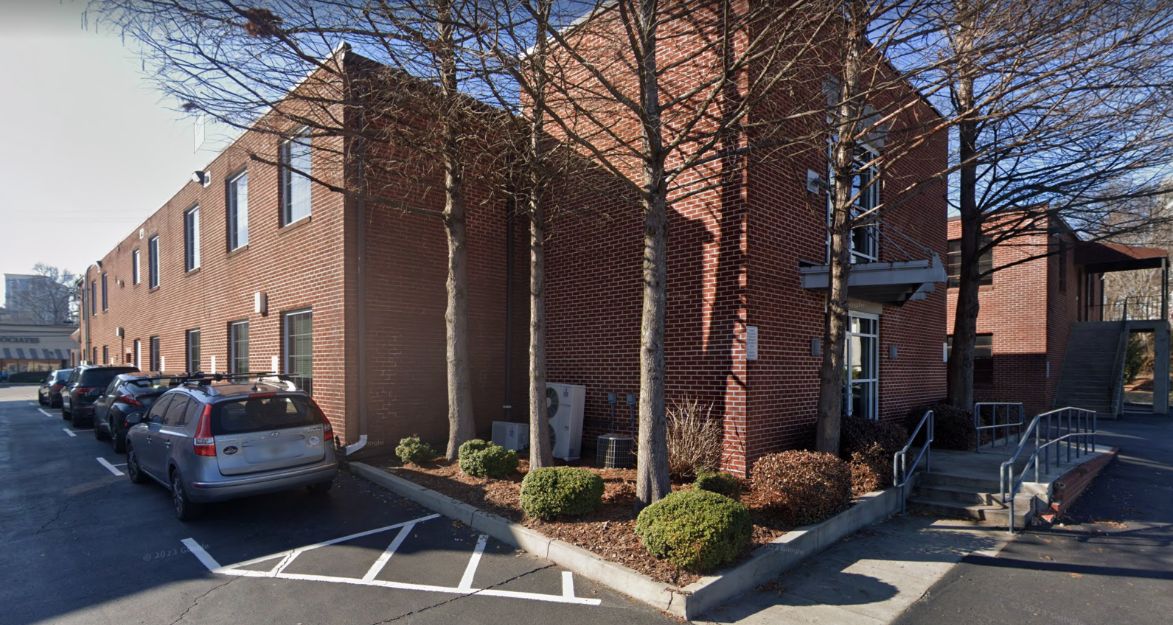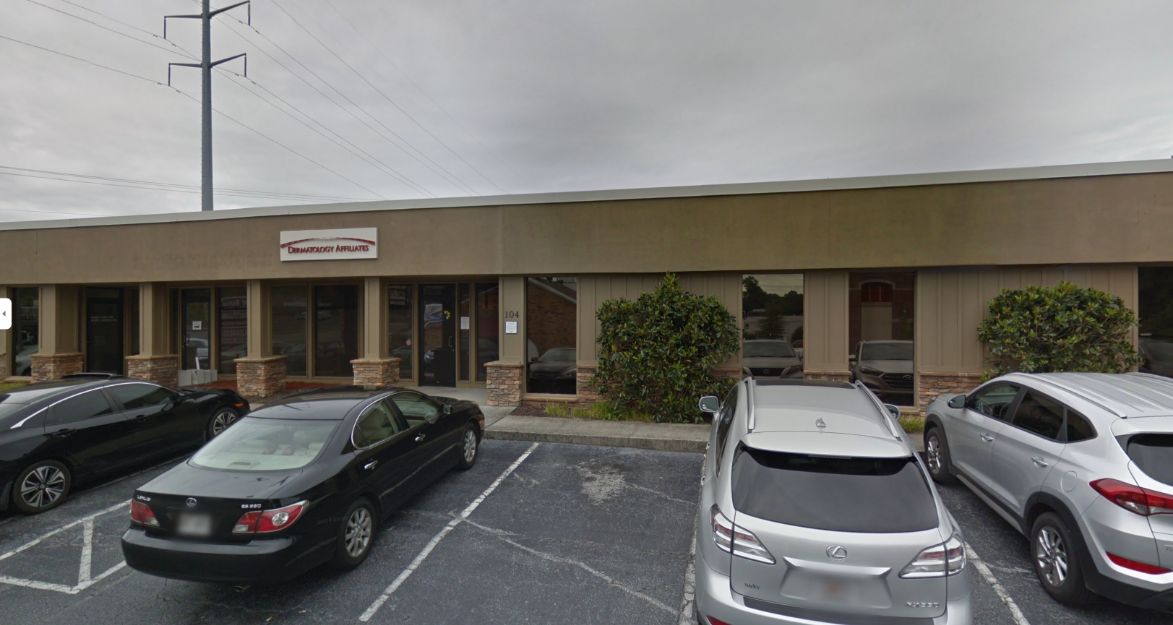Alopecia and Hair Loss
If you are experiencing hair loss or other symptoms related to alopecia, scheduling an appointment with a dermatologist at Dermatology Affiliates is a proactive and necessary step. Dermatologists are trained to diagnose and treat a wide range of skin and hair conditions, and they can provide personalized treatment plans based on your specific needs.
Examples of Alopecia and Hair Loss
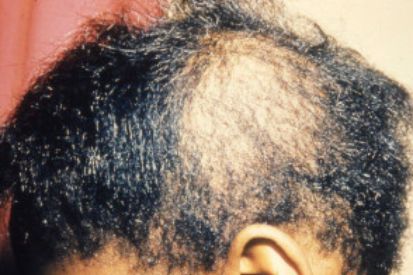
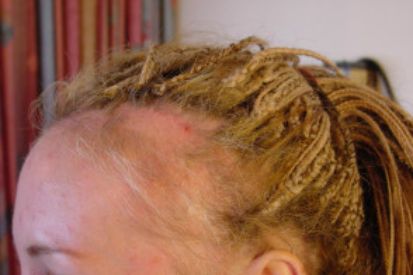
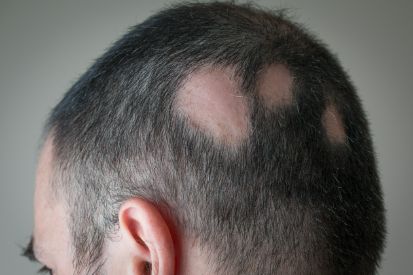
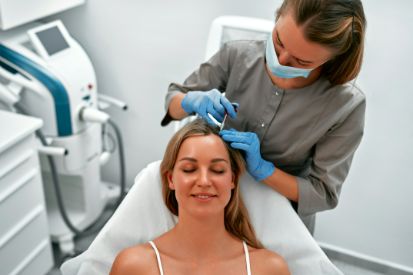
What are the Symptoms of Alopecia?
- Alopecia areata: skin loses hair in round sections of varying size.
- Alopecia areata totalis: complete loss of hair on the scalp alone.
- Alopecia areata universalis: loss of hair everywhere on the body.
- Sudden appearance of a small number of round hairless patches on the scalp, followed by total scalp hair loss.
- Some experience gradual thinning as well as itching associated with their hair loss. It will typically take 6 months for total hair loss of the scalp.
What are the Causes of Alopecia?
- Genetics and hormonal changes can cause alopecia.
- Autoimmune conditions like alopecia areata prompt the immune system to attack hair follicles.
- Medical treatments, hormonal fluctuations, infections, stress, and nutritional deficiencies can contribute to hair loss.
- Alopecia may result from tight hairstyles.
- Certain diseases and aging can lead to gradual hair thinning.
How to Prevent Alopecia
Alopecia and Hair Loss FAQs
The reversibility of hair loss depends on the cause. Some types of hair loss are reversible with appropriate treatment, while others may be permanent.
It's normal to lose some hair daily as part of the natural hair growth cycle. On average, individuals may shed 50 to 100 hairs per day. However, significant hair loss that leads to visible thinning or bald patches may indicate an underlying issue. If you notice an increase in hair shedding or changes in your hair density, it's advisable to consult with your dermatologist for evaluation.
Certain hairstyles that pull tightly on the hair, such as tight ponytails, braids, or extensions, can cause a type of hair loss known as traction alopecia. Additionally, the use of harsh hair products, frequent use of heat styling tools, or chemical treatments can contribute to damage and breakage. Choosing gentle styling practices and using products suitable for your hair type can help prevent unnecessary stress on the hair shaft.
Androgenetic alopecia, commonly known as male-pattern baldness or female-pattern baldness, can affect both men and women. However, the pattern and progression of hair loss may differ between the sexes. Men often experience a receding hairline and balding at the crown, while women may notice general thinning over the top of the scalp. Other types of hair loss, such as telogen effluvium or alopecia areata, can also affect both genders.
From our QualDerm Family of Brands: Get to the Root of Your Hair or Nail Issue
Alopecia Treatments
Medical treatments for alopecia aim to address underlying causes and stimulate hair regrowth. Common approaches include but are not limited to:
- Topical and oral medications.
- Light therapy.
- And in some cases, surgical procedures.
Individuals experiencing hair loss should consult with a dermatologist to determine the most suitable treatment based on the type and cause of alopecia. Schedule with one of our experts today.
Featured Blogs
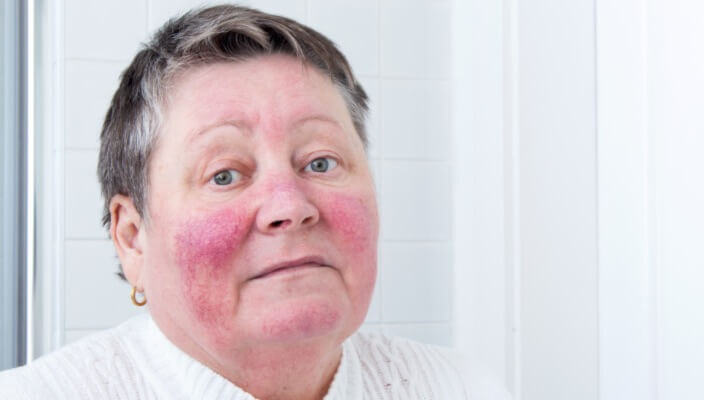
- General Dermatology
- Chronic Skin Conditions
Your dermatologist or dermatology PA can help you treat your rosacea and reverse the damage it has caused.
Read More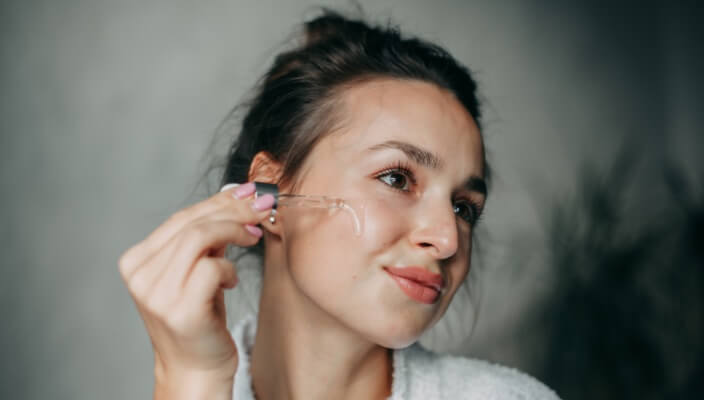
- Skin Care
- Botox
- Cosmetic Treatments
Retiniods are proven to combat fine lines, brown spots and improve texture, “tret” has been shown to enhance collagen production, even skin tone, unclog pores, and smooth skin texture.
Read More
- Skin Care
- Cosmetic Treatments
Entering their 40s warrants special attention to neck care. Often overlooked until signs of aging have already manifested, it's imperative to begin applying sunscreen to the neck daily.
Read MoreFeatured Products

NutraFol Men's Hair Growth Pack - 3 month
Nutrafol Men hair growth supplement is clinically tested to visibly improve hair growth, thickness, and scalp coverage. For men experiencing hair thinning. Results in 3-6 months.

NutraFol Women's Hair Growth Pack - 3 month
Physician-formulated to target root causes of thinning hair in women 18-44, including stress, lifestyle, and nutrition. Our clinically effective, natural ingredients support whole-body health for visibly thicker, stronger hair growth and less shedding.

